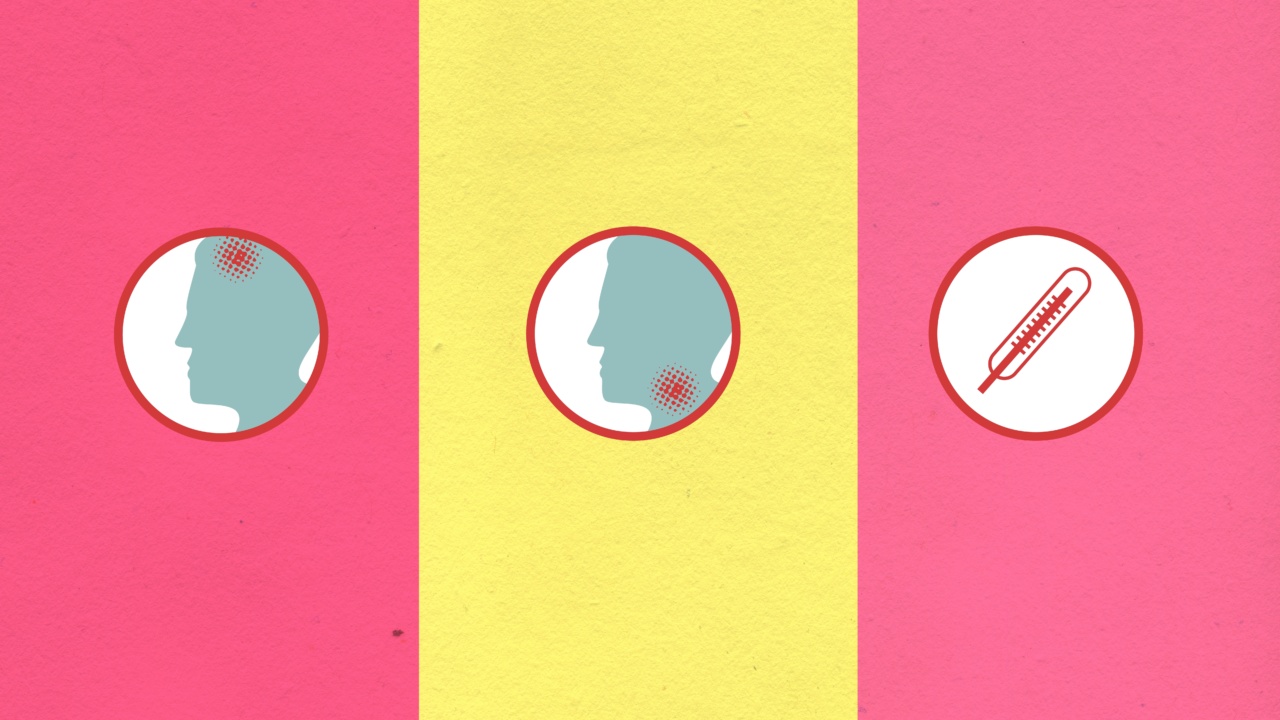Sore throat is a common condition that causes pain and discomfort in the throat. There are several factors that can lead to a sore throat, ranging from viral or bacterial infections to environmental irritants.
In this article, we will discuss the most common factors that contribute to a sore throat and explore ways to overcome them.
Viral Infections
One of the most common causes of a sore throat is a viral infection, such as the common cold or flu. Viruses can easily spread through respiratory droplets when an infected person coughs or sneezes.
The inflammation and irritation in the throat caused by these viruses can lead to a sore throat.
Bacterial Infections
Bacterial infections, such as strep throat, can also cause a sore throat. Streptococcus bacteria are commonly responsible for this type of infection.
Unlike viral infections, bacterial infections generally require medical treatment, such as antibiotics, to overcome the sore throat.
Allergies
Allergies to substances such as pollen, dust mites, pet dander, or certain foods can trigger an allergic reaction, leading to a sore throat. The inflammation in the throat can result from the body’s immune response to these allergens.
Avoiding the allergens or taking antihistamines can help alleviate the symptoms.
Acid Reflux
Acid reflux occurs when stomach acid flows back into the throat, causing irritation and inflammation. This condition, also known as gastroesophageal reflux disease (GERD), can cause a sore throat and other related symptoms, such as heartburn.
Lifestyle changes, such as avoiding trigger foods and maintaining a healthy weight, can help manage acid reflux and reduce throat discomfort.
Dryness
Dry air, especially during the winter months or in arid climates, can cause the throat to become dry and irritated, leading to a sore throat.
Using a humidifier to add moisture to the air or staying hydrated by drinking plenty of fluids can help alleviate dryness and prevent throat discomfort.
Smoking
Smoking or exposure to secondhand smoke can irritate the throat and cause soreness. The harmful chemicals in cigarettes can damage the throat tissues and weaken the immune system’s ability to fight off infections.
Quitting smoking or avoiding exposure to smoke can significantly improve throat health.
Strain
Overusing the voice, such as shouting or speaking loudly for extended periods, can strain the vocal cords and lead to a sore throat. This is common among individuals who frequently use their voices, such as teachers or performers.
Resting the voice, staying hydrated, and speaking in a gentle tone can help alleviate strain on the vocal cords and reduce throat discomfort.
Postnasal Drip
Postnasal drip occurs when excess mucus from the nose drips down the back of the throat, causing irritation and a sore throat. This can be a result of allergies, sinus infections, or a common cold.
Drinking plenty of fluids and using saline nasal sprays or rinses can help thin the mucus and alleviate postnasal drip.
Tonsillitis
Tonsillitis is the inflammation of the tonsils, usually caused by viral or bacterial infections. This condition can lead to a sore throat, difficulty swallowing, and swollen lymph nodes.
Proper rest, plenty of fluids, and over-the-counter pain relievers can provide relief from the sore throat symptoms associated with tonsillitis.
Stress
While not a direct cause, stress can weaken the immune system, making it more susceptible to infections that can lead to a sore throat.
Managing stress through relaxation techniques, exercise, and adequate sleep can help boost the immune system and reduce the occurrence of sore throats.
Conclusion
There are several common factors that can lead to a sore throat, including viral and bacterial infections, allergies, acid reflux, dryness, smoking, strain, postnasal drip, tonsillitis, and stress.
Understanding these factors and taking appropriate measures, such as practicing good hygiene, avoiding triggers, staying hydrated, and managing stress, can help alleviate and overcome sore throat symptoms. If the sore throat persists or is accompanied by severe symptoms, it is advisable to seek medical attention for proper diagnosis and treatment.





























